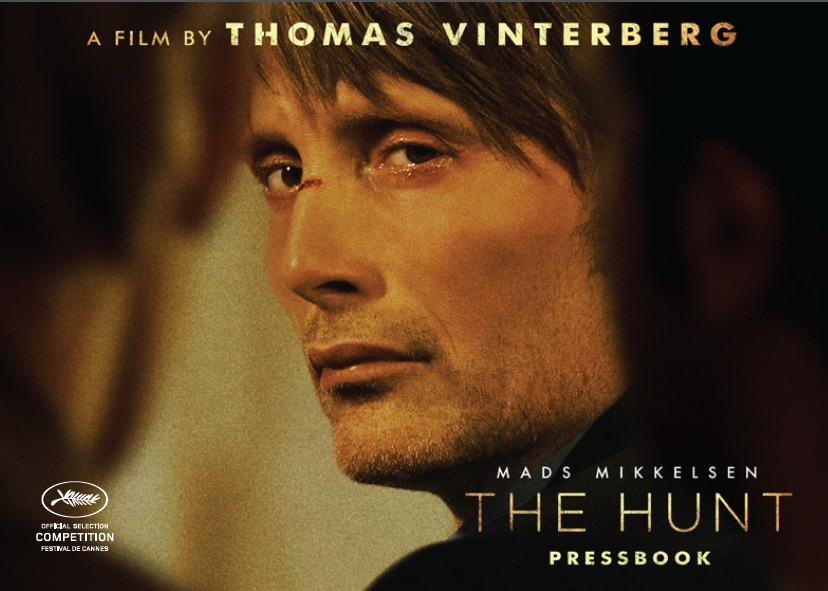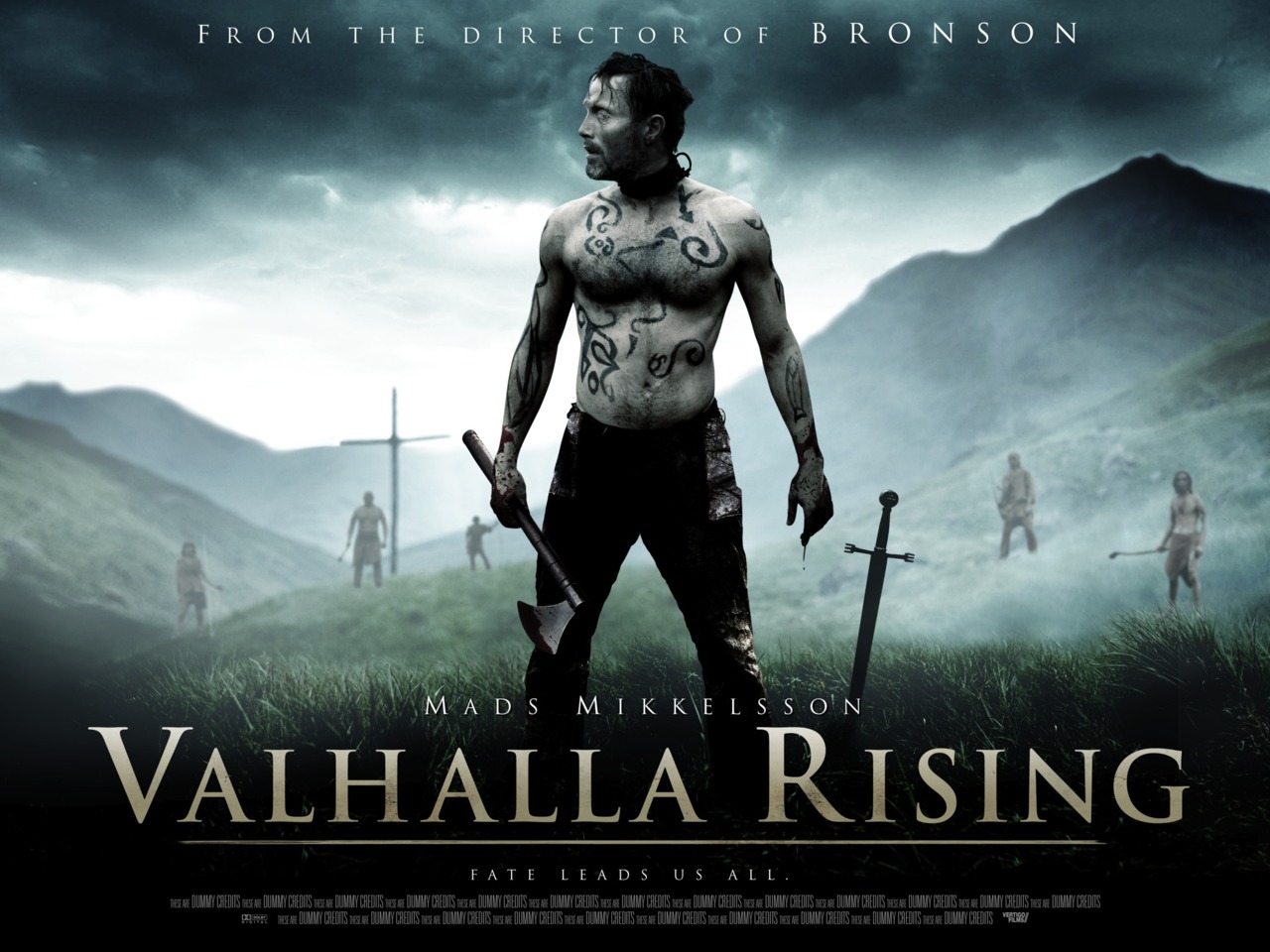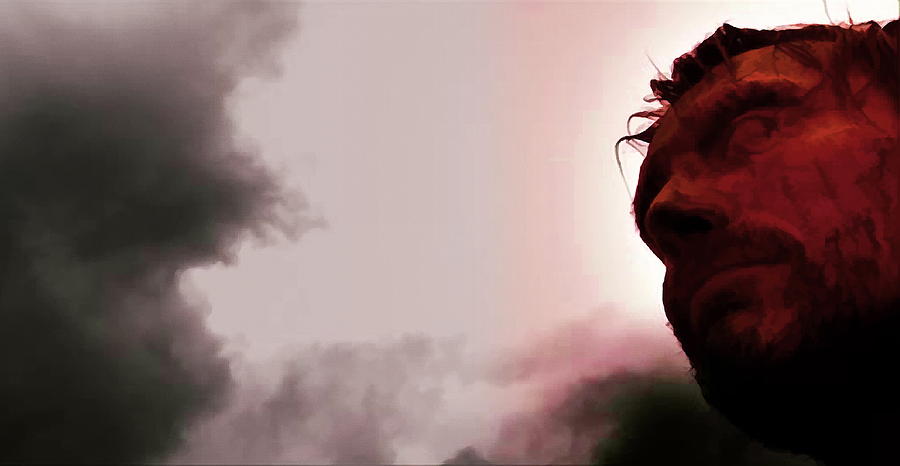As far as comedies go, I tend to prefer the darker ones with dry humour and an ironic sense of self awareness, such as Burn After Reading, A Serious Man and Kiss Kiss Bang Bang. I love the way in which these types of movies encapsulate the human condition much more accurately than most lighthearted and audience friendly comedies do it, and I tend to find them very honest and believable in their approach to character creation and development. I decided to watch In Bruges last night because I'd heard a lot of people with a similar opinion on comedies hold it in high esteem, and even though I do have a problem with some of the things that took place in the story, I'm happy to confirm that writer/director Martin McDonaugh's feature film debut is one of the funniest pitch black comedies I've seen since The Coen Brothers' Fargo.
In Bruges takes place in a Belgian city by the name of Bruges. Collin Farrell and Brendan Gleeson are a pair of Irish assassins who's been given orders to go to the city after they've completed a job back an London, and as they await further instructions from their boss, the audience gets to witness how the two blokes navigate the small romantic streets of this old, almost medieval type of city. Farrell plays the main character, and he hates Bruges with a burning passion, whereas his more experienced partner, who's played by Gleeson, enjoys their stay very much. The two characters' countless discussions about the city and all its old buildings are one of the biggest sources of laugh out loud moments in the entire film, which partly is due to the very intelligently written lines of Tarantino'esque dialogue, and partly is because of the superb performances delivered by the lead actors. Colin Farrell did an especially good job in my opinion, and he won a golden globe for his performance.
Whereas the dialogue is snappy, witty and very well timed, the actual narrative aspects of the film are less remarkable in some cases. Some of the plot details were a little iffy at times, and especially one storyline about a dwarf actor was somewhat inappropriate in my opinion. The film doesn't ridicule or discriminate against midgets or anything like that, but I just don't think that the character fit into the story, and the way he's used as a catalyst for something monumental at one point in the plot felt very circumstantial to say the least. He does have several very funny scenes with Farrell's character though, which somewhat redeems these flaws. Fleur Delacour is also in this movie, and she plays Colin Farrell's love interest, because hey, the main character's got to have a love interest in order for the movie to have emotional weight, right? Well, not exactly. Even though she's a decently funny and well portrayed character, there was absolutely no reason for her to exist whatsoever, and the way she affected Farrell's character seemed very flimsy and inconsistent in terms of reasoning and plot decisiveness.
When I say that In Bruges is a pitch black comedy, I really mean pitch black. People get killed regularly throughout the film, the main characters are depressed and suicidal, and there's a couple of very gory scenes in the movie that a lot of audiences will find sort of disturbing. In spite of all that though, I was consistently laughing from start to finish because of the actors' and the script's impeccable sense of comedic timing, and it's very cool to me that a movie as dark as this one ended up making me feel as uplifted as it did. There are a few times where the roughness and the grittiness gets a little too over exaggerated though, and I didn't know whether I should laugh or cry on at least two separate occasions. I don't know if that's how Martin McDonaugh intended to make me feel, but it felt awkward and a little estranging in any case. It's not a big problem though, and over all I'd say that the story of In Bruges was well conceived, brilliantly written and well executed.
Apart from the dialogue, the main characters and the actors who portray them are the stars of this movie. Farrell's and Gleeson's characters both have a lot of inner demons to deal with, and although In Bruges is primarily a comedy, these two brilliant actors' performances made some of the more emotional scenes surprisingly harrowing and emotionally conflicting. Ralph Fiennes has a role in this film as well, and even though he's only in it for about 40-45 minutes, he manages to make a detrimental impact on the story in a very short amount of time, because of how indecent and profoundly unlikable he is. He's part of some of the funniest and most captivating scenes in the movie too, and even though it's not very likable that things would have gone down the way they did in them, his scene in on the stairs with Gleeson and his scene in the hotel with Farrell are my favourite ones in the whole film. Fiennes' character is a slimeball and a crook if ever there was one, but I'd be lying if I said he wasn't very entertaining to look at.
When it comes down to it, In Bruges is one of the funniest films I've seen all year, and quite possibly the darkest one as well. Most of the characters are very well written and acted, and even those who weren't were almost just as funny as those who were. The story does have a few slightly visible bumps in the road though, and even though they aren't nearly problematic enough to ruin the film, they do drag its over all rating down a bit. In Bruges is a witty, clever and compelling cinematic experience anyway though, and it deserves my seal of approval as much as any other comedy I've ever reviewed, and a tad bit more than that as well. (4,5/6)
In Bruges IMDb page here
In Bruges trailer here








